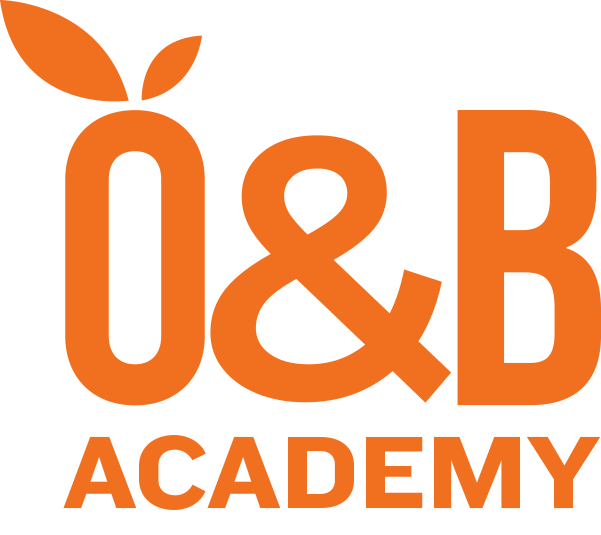Course Overview
Cypress, an essential tool for end-to-end testing, offers a comprehensive course focusing on its fundamental principles and practical applications. Participants delve into the core concepts of Cypress, mastering its intuitive syntax and powerful capabilities for testing modern web applications.
Through hands-on exercises and real-world examples, students learn to create robust automated test scripts, ensuring the reliability and functionality of web projects across different browsers and devices. This course equips learners with the skills needed to effectively utilize Cypress for automating repetitive testing tasks, accelerating the software development lifecycle, and enhancing overall product quality.
Learning Outcomes
- This course provides participants with a comprehensive understanding of Cypress, an essential tool for web automation testing. Beginning with the basics, learners are introduced to Cypress and its features, along with the benefits it offers for testing. They gain hands-on experience by installing and setting up Cypress and learning to write Cypress tests, covering fundamental concepts such as interacting with elements on a page, using assertions, and adhering to best practices.
- As the course progresses, participants explore more advanced Cypress concepts. They delve into working with fixtures and data mocking, extending their testing capabilities to include API testing, with a focus on RESTful APIs. Additionally, learners tackle real-world scenarios such as testing user authentication processes within applications. The course also includes an introduction to Continuous Integration (CI), highlighting its significance in testing and the benefits it brings to the development process.
- Upon completion of the course, participants will possess the knowledge and skills necessary to proficiently write Cypress tests, both basic and advanced, and integrate them into a continuous integration environment. They will be empowered to apply these techniques effectively in their testing workflows, contributing to the creation of robust and reliable software products
Course Outline
Introduction
- Overview of Cypress and its features
- Benefits of using Cypress for end-to-end testing
- Installation and setup of Cypress
Writing Cypress Tests
- Understanding Cypress
- Creating a basic Cypress test
- Writing test cases using Cypress commands
- Interacting with elements on the page
- Using assertions
- Some Best Practices to consider
Advanced Cypress Concepts
- Working with fixtures and data mocking
- RESTful API testing
- Testing logging in to an app in a user’s context
Introduction to Continuous Integration
- Understanding the concept of continuous integration
- Benefits and importance of continuous integration in testing
Skill Level
Suitable For
Cypress fundamentals qualifies individuals for roles such as QA Engineer, Automation Engineer, SDET, DevOps Engineer, Full Stack Developer, and more.
Duration
day
Related Topics
Skill Level
Suitable For
Cypress fundamentals qualifies individuals for roles such as QA Engineer, Automation Engineer, SDET, DevOps Engineer, Full Stack Developer, and more.
Duration
day
Related Topics
Course Overview
Cypress, an essential tool for end-to-end testing, offers a comprehensive course focusing on its fundamental principles and practical applications. Participants delve into the core concepts of Cypress, mastering its intuitive syntax and powerful capabilities for testing modern web applications.
Through hands-on exercises and real-world examples, students learn to create robust automated test scripts, ensuring the reliability and functionality of web projects across different browsers and devices. This course equips learners with the skills needed to effectively utilize Cypress for automating repetitive testing tasks, accelerating the software development lifecycle, and enhancing overall product quality.
Learning Outcomes
- This course provides participants with a comprehensive understanding of Cypress, an essential tool for web automation testing. Beginning with the basics, learners are introduced to Cypress and its features, along with the benefits it offers for testing. They gain hands-on experience by installing and setting up Cypress and learning to write Cypress tests, covering fundamental concepts such as interacting with elements on a page, using assertions, and adhering to best practices.
- As the course progresses, participants explore more advanced Cypress concepts. They delve into working with fixtures and data mocking, extending their testing capabilities to include API testing, with a focus on RESTful APIs. Additionally, learners tackle real-world scenarios such as testing user authentication processes within applications. The course also includes an introduction to Continuous Integration (CI), highlighting its significance in testing and the benefits it brings to the development process.
- Upon completion of the course, participants will possess the knowledge and skills necessary to proficiently write Cypress tests, both basic and advanced, and integrate them into a continuous integration environment. They will be empowered to apply these techniques effectively in their testing workflows, contributing to the creation of robust and reliable software products
Course Outline
Introduction
- Overview of Cypress and its features
- Benefits of using Cypress for end-to-end testing
- Installation and setup of Cypress
Writing Cypress Tests
- Understanding Cypress
- Creating a basic Cypress test
- Writing test cases using Cypress commands
- Interacting with elements on the page
- Using assertions
- Some Best Practices to consider
Advanced Cypress Concepts
- Working with fixtures and data mocking
- RESTful API testing
- Testing logging in to an app in a user’s context
Introduction to Continuous Integration
- Understanding the concept of continuous integration
- Benefits and importance of continuous integration in testing



